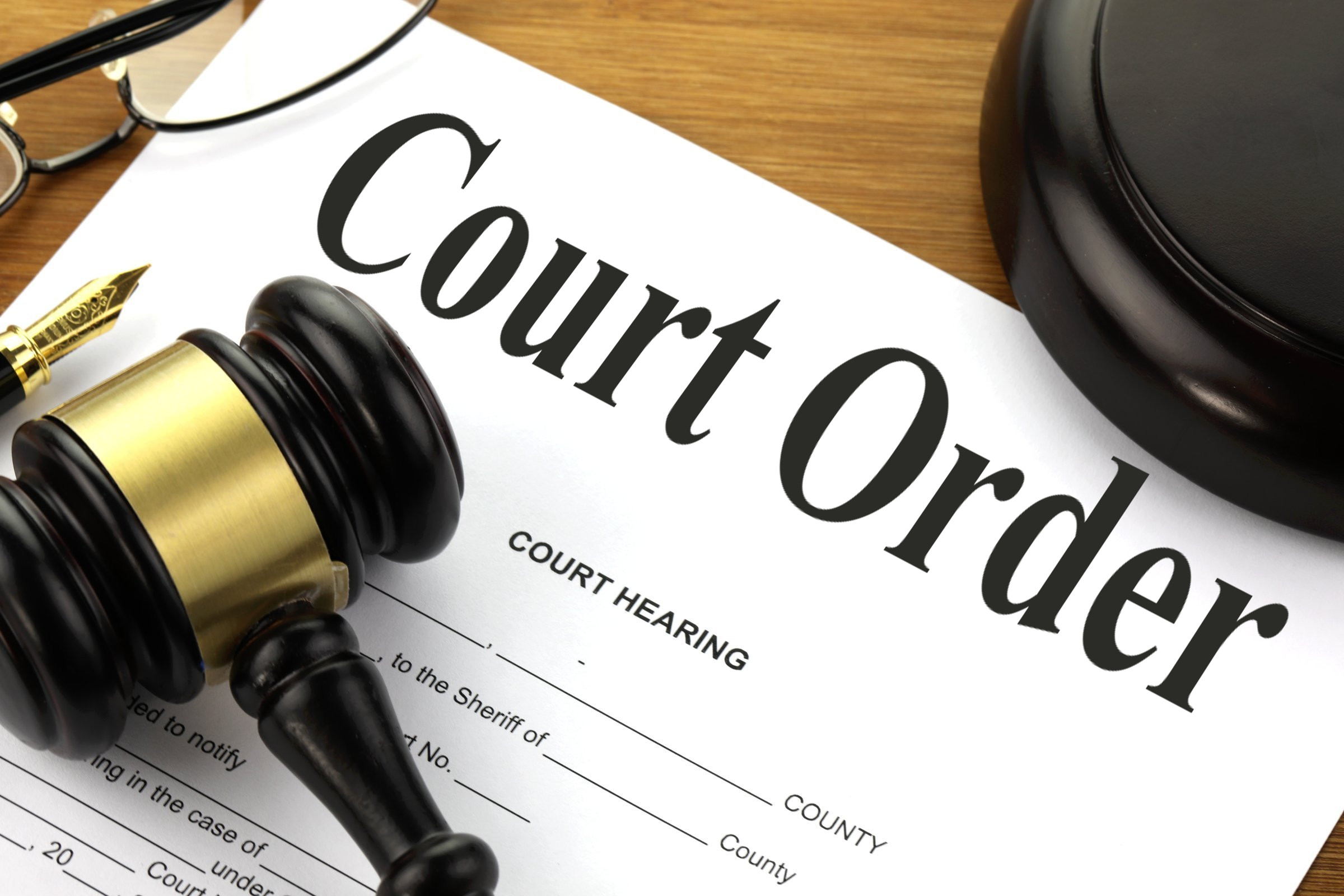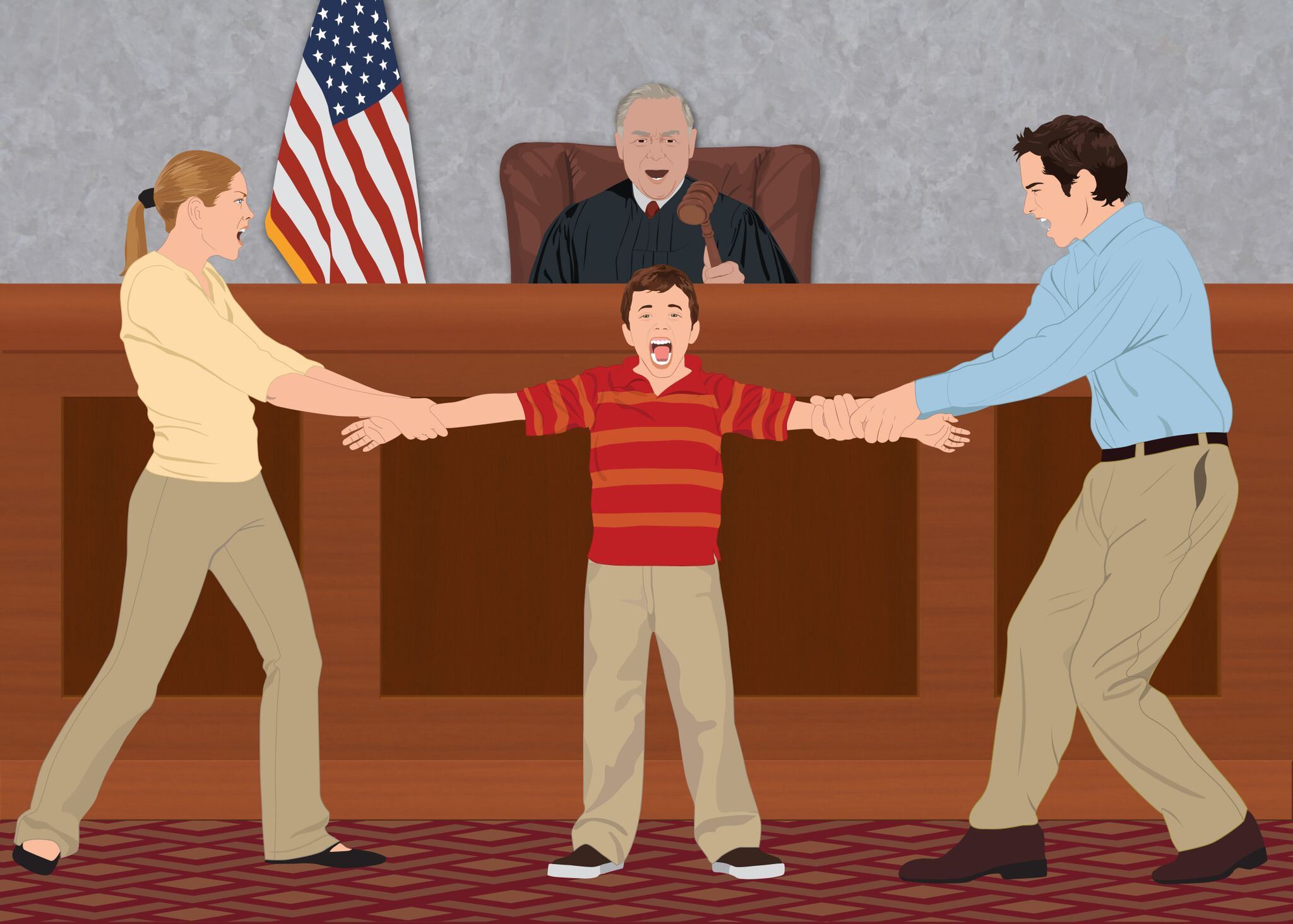Can Family Court Orders Be Changed Jun 15 2017 nbsp 0183 32 Examples I can speak four languages She can drive a car He can speak English fast Fishes can swim
quot Can quot is one of the most commonly used modal verbs in English It can be used to express ability or opportunity to request or offer permission and to show possibility or impossibility The modal verb or modal auxiliary verb can is a commonly used word It is used to add more information about the function of the main verb
Can Family Court Orders Be Changed
 Can Family Court Orders Be Changed
Can Family Court Orders Be Changed
http://jobscornar.com/wp-content/uploads/2022/09/Pink-Typography-Inisial-Nama-JC-Logo-2-1.png
Nov 19 2021 nbsp 0183 32 171 can 187
Pre-crafted templates offer a time-saving service for creating a varied series of documents and files. These pre-designed formats and layouts can be utilized for various personal and professional jobs, consisting of resumes, invitations, leaflets, newsletters, reports, discussions, and more, simplifying the material creation procedure.
Can Family Court Orders Be Changed

Divorce Separation Dissolution

Settling New York Family Court Orders Of Protection

Family Court Orders Enforcement Minnesota CLE Form Fill Out And

Court Order Free Of Charge Creative Commons Legal Engraved Image

Getting Interim Orders In The Family Court Pacific Coast Family Law

Enforcing Family Court Property Orders Genesis Edge

https://www.canva.com
What will you design today With Canva you can design generate print and work on anything

https://teacheng.info › theory › grammar › can
can

https://englishprime.ua › uk › modalnyj-glagol-can
Feb 7 2022 nbsp 0183 32 can Sure I can help

https://dictionary.cambridge.org › dictionary › english › can
Can is usually used in standard spoken English when asking for permission It is acceptable in most forms of written English although in very formal writing such as official instructions may

https://www.learnenglish.com › grammar › modal-can
Can is a modal auxiliary verb and it is used to indicate abilities to make requests to indicate probability or to give permissions It is one of the auxiliary verbs called modal verbs in English
[desc-11] [desc-12]
[desc-13]